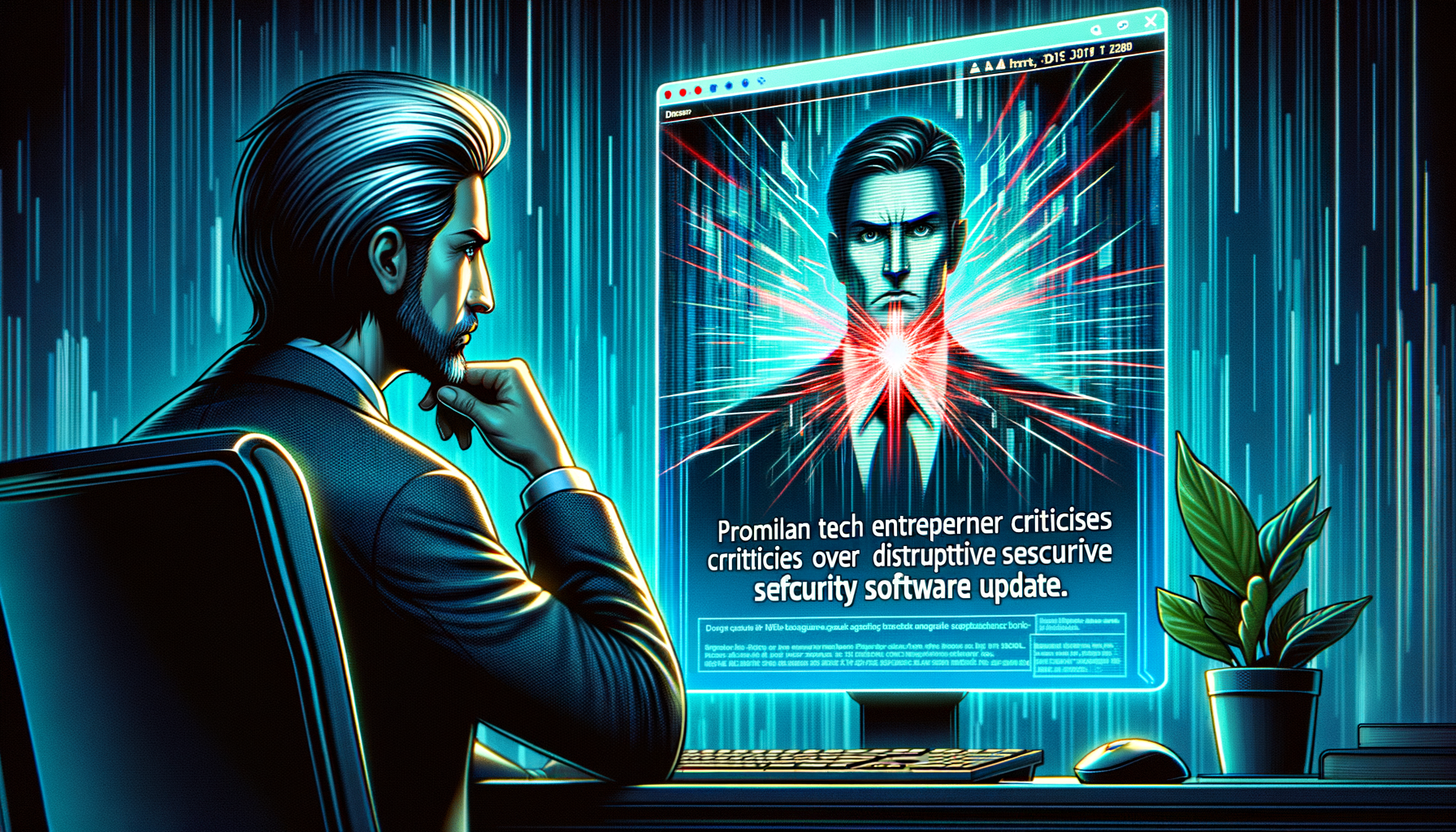Elon Musk Criticizes Microsoft CEO Over Disruptive CrowdStrike Update

In a remarkable turn of events, Tesla, Inc. TSLA CEO Elon Musk has publicly criticized Microsoft Corporation MSFT CEO Satya Nadella after a recent software incident severely impacted the global automotive industry. This issue arose from a flawed update issued by CrowdStrike Holdings, Inc. CRWD, a key player in cybersecurity services, which inadvertently led to a major IT disruption. The breakdown not only affected millions of computers worldwide but also sent ripples through critical supply chains.
Impact on the Automotive Sector
Musk voiced his frustration by stating, "This gave a seizure to the automotive supply chain." His concern reflects the fragile nature of industry logistics, where a single technological misstep can have far-reaching consequences. Tesla, known for its innovative approach in the electric vehicle and clean energy space, was amongst the prominent companies to feel the repercussions of this unexpected outage.
About the Parties Involved
Microsoft Corporation MSFT, a tech conglomerate and a household name in software development, is responsible for widely used products such as Windows OS, Microsoft Office, and Surface computers. It's not only pivotal to personal computing but also plays a vital role in enterprise IT infrastructure and services. On the other hand, CrowdStrike Holdings CRWD offers advanced cloud-delivered protection, safeguarding systems from cyber threats across various nations. Finally, Tesla Inc. TSA, leads the electric car market, pushing the boundaries of sustainable transportation and energy solutions.
The Broader Implications
The situation has called into question the reliability of third-party updates and the cascading effect they can have on interconnected industries. As companies like Microsoft and CrowdStrike work at the forefront of tech and cybersecurity respectively, their actions have become vitally important to global operational stability. This incident underscores the importance of stringent software testing and managed deployment strategies to prevent similar occurrences in the future.